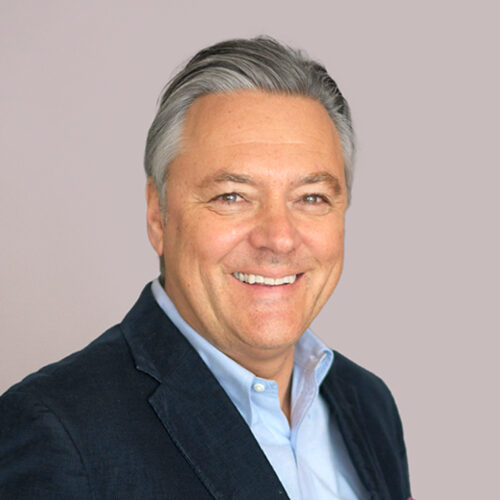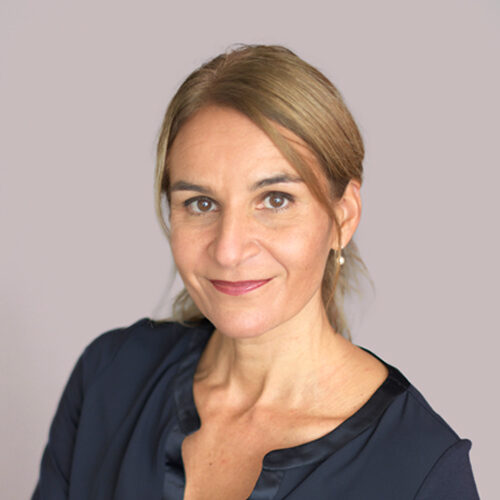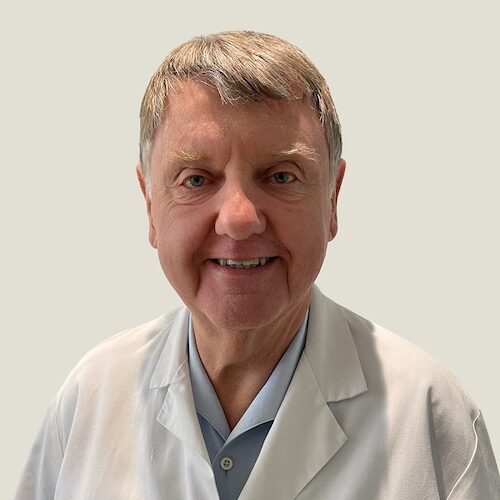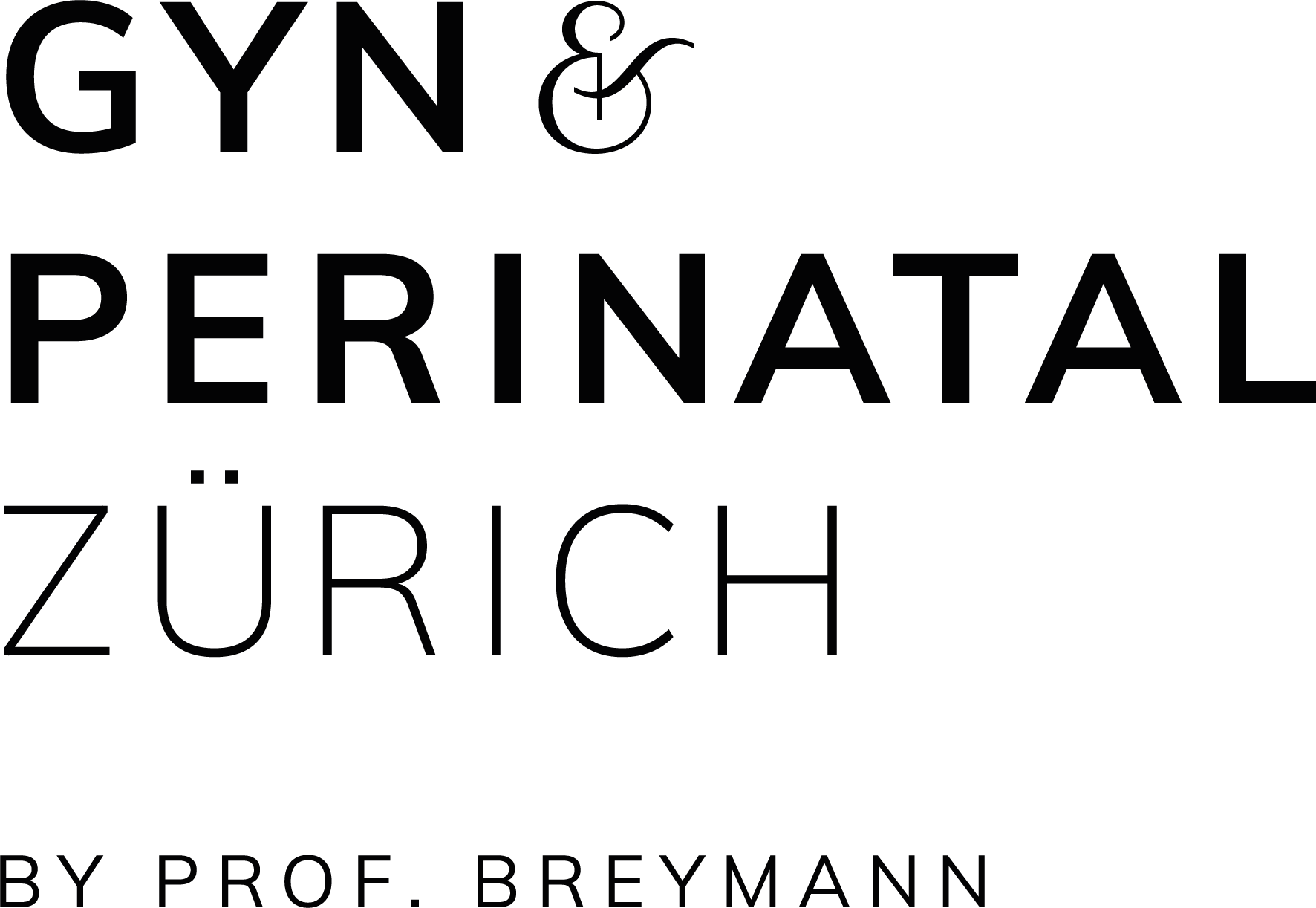Pharmacogenetics and individual drug metabolism in pregnancy.
During the first three months of pregnancy, about 80% of women take at least one medication. Nearly 30% of expectant mothers consume four or more medications, both prescription and over-the-counter (not including vitamins or iron), during this period.
Frequently prescribed medications during pregnancy include antibiotics, antiemetics, and drugs to treat chronic conditions such as asthma, depression, anxiety disorders, hypothyroidism, and pain. In addition, local anesthetics, such as for peridural anesthesia, are used in the course of regional anesthesia around childbirth.
Genetic predisposition plays a significant role in the efficacy of medications. In up to 50% of all patients, it is not possible to demonstrate sufficient benefit from certain medications due to their genetic constitution. In some cases, undesirable side effects even occur, which can lead to life-threatening complications. Ineffective local anesthetics, such as those associated with peridural anesthesia, or effects that last too long are just a few examples.
Genetic tests make it possible to determine whether and at what dosage a particular drug is effective in a person. As a result, medicines and their dosage can be individually adjusted to achieve the best possible effect. Proper medication and dosage are of particular importance during pregnancy and childbirth.
Genes studied
ABCB1, ADH1B, ADRB1, ADRB2, ADRB3, ALDH2, BCHE, CCR5, COMT, CYP2C9, CYP3A4, CYP2A6, CYP1A2, CYP2C19, CYP2D6, CYP3A5, DPD, G6PD, THFR, NAT2, OPRM1, PON1, SLC19A1, SLCO1B1, SOD2, TPMT, UGT1A1, VKORC1, F2, F5, PAI1.





